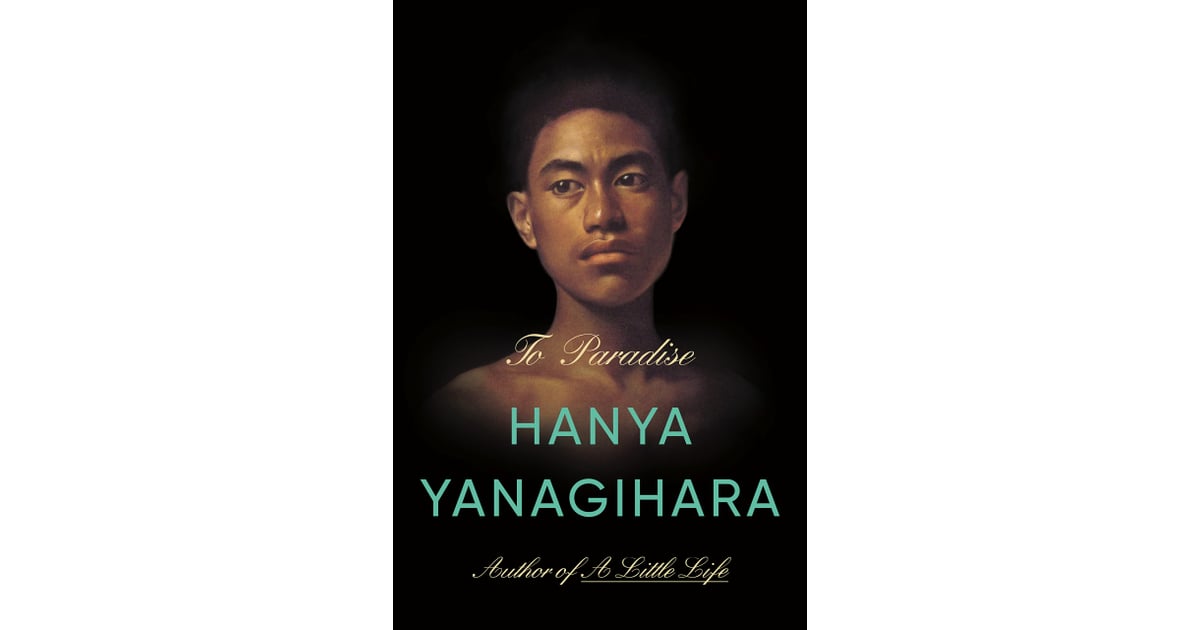
A mansion is bequeathed a man helps host a farewell dinner for his lover’s dying former lover a man and his family grapple with his unconscionable professional choices. Pandemics, mansions, triangles, illnesses, abandonments, deaths, letters and inheritances also kaleidoscopically reappear, as do grandfathers, lovers, invalids, caretakers, utopians and more.Įach section of the book is helpfully anchored by its own drama. It isn’t only arranged marriages and class differences that recur. If in a Russian novel one struggles to keep track of who is related to whom, here we struggle to keep track of who has turned into whom, especially as Yanagihara masterfully repurposes themes, situations and motifs as well. There are dozens of other such reincarnations, and they simultaneously bedazzle and befuddle.


Now he’s an even older yet dashing and worldly partner in David’s firm David, moreover, formerly fair-complexioned, is now mixed-race.) (We’ve met Charles before too, as the older, stolid suitor who was spurned by the David Bingham of Part I. To give just one of myriad examples, David Bingham, the heir of a mansion in Part I, returns a century later as a paralegal, passionately in love with one Charles Griffith. Yanagihara, who is the editor of T: The New York Times Style Magazine, goes on to rewrite history in other centuries as well, even as she moves the action from New York to Hawaii and back again, negotiates three major and nine minor time shifts and, most strikingly, ushers her characters offstage only to bring them back, in other eras and other guises, multiple times. In this nation-within-the-nation, gay marriage is allowed - although, lending nuance to the picture, arranged marriages are, too.

With breathtaking audacity Yanagihara rewrites America, the Civil War having produced, in this account, not a united country but a conglomeration of territories, including one called the Free States. Deftly paced and judiciously detailed, the tale makes hay with the conventions of the 19th-century novel. We are given a patriarch, wealth, children there is an arranged marriage, an inheritance, a true love, a class divide and a significant twist. At more than 700 pages, with a span of 200 years, “To Paradise” begins in New York in 1893. It is to Hanya Yanagihara’s considerable credit that her new novel raises these questions. Can an Asian American woman write a great American novel? Ought a great American novel range from New York to Hawaii, skipping the Midwest? Can it cross from realism to dystopia? And - most important of all, perhaps - can it center on gay men?


 0 kommentar(er)
0 kommentar(er)
